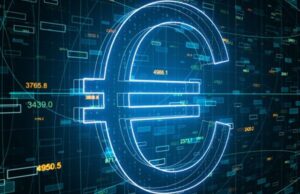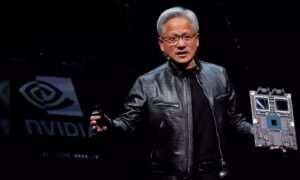More Creators and Buyers Jump on Board
3 min readUsing new platforms like Unifty, developers and stakeholders can move forward confidently to offer their own NFT products to a quickly growing customer base.
It’s an exciting time for fans of decentralized finance, innovators in digital spaces, and particularly, aficionados of non-fungible tokens or NFTs.
It’s not just the proliferation of these digital ownership tools that’s exciting speculators and platform administrators and everyone else. It’s also the buyer audience and evident appetite for these new types of assets in the global economy.
You can point to the recent benchmark set by big seller CryptoPunks with sales of over $200 million in a week. Also, people are also making a lot out of a new high watermark in sales of $49 million on August 1st for OpenSea, the largest single NFT trading platform.
Some of this activity may show what’s in the cards for NFTs as we move forward. Is this the summer of decentralized finance? It looks like the enduring appeal of the NFT will add fuel to the fire, as consumers and investors around the world see BTC and other coins becoming more and more a part of our lives.
All Sorts of NFT Creators
As pointed out by experts following this emerging industry, you have all sorts of artists, entertainers, and athletes jumping on board to get their money out of the NFT craze. Forget signing vinyl records or pitcher’s gloves – these professionals can now tag digital assets with their names, and run all of the way to the bank. They’re not just making money plays, either. They’re showing young, tech-savvy audiences that in the brave new world of DeFi, they’re still relevant.
In addition to figures like Katy Perry and prominent NBA players, folks like Jack Dorsey are getting into the game, too. The Twitter founder recently sold an NFT of his first-ever tweet for a significant sum. Then you have institutional parties like officials from China’s UCCA Lab engaging in art-related NFT activity.
That’s just a partial list of the types of parties using various types of blockchains for NFT development and transfer. ETH is a popular blockchain framework in this space, with its inherent smart contract handling capabilities. Some also use Binance Smartchain to facilitate these types of transactions. The parallel development of new platforms like Binance and Currency.com and others is also helping to pave the way for the next level of DeFi in the future, not to mention online gaming!
Creating NFTs a New Way
With all of this new activity around non-fungible tokens, it begs the question – how do you actually make these unique digital assets?
Through the chaos of a rapidly evolving market, Unifty stands out as a new decentralized platform for NFT creation and trade. It says a lot about how we will work with these new types of valuables as they become de rigueur around the world.
The Unifty platform, pioneered by Markus Bopp and crew, is in a sense the “open source” alternative to walled gardens where vendors might otherwise make and sell NFT assets.
Enthusiasts encouraged thinking of Unifty as something like WordPress or Apache Hadoop, or something else that is widely and freely available in a creator community context, rather than being run by a massive corporate monolith.
Under the hood, there are code abstract abstraction tools for creators, as well as features facilitating auctions, staking, repurchasing and more.
The Unifty environment also helps with content creation tips aimed at how to craft narratives, build visuals and tie everything together with the types of blockchain verifications that are the engines for the NFT market.
There are also tips to tie these NFTs to influencer platforms like YouTube and TikTok.
Using new platforms like Unifty, developers and stakeholders can move forward confidently to offer their own NFT products to a quickly growing customer base. If the customer is always right, what they’re right about, in this case, is that NFTs are here to stay!

Having obtained a diploma in Intercultural Communication, Julia continued her studies taking a Master’s degree in Economics and Management. Becoming captured by innovative technologies, Julia turned passionate about exploring emerging techs believing in their ability to transform all spheres of our life.






